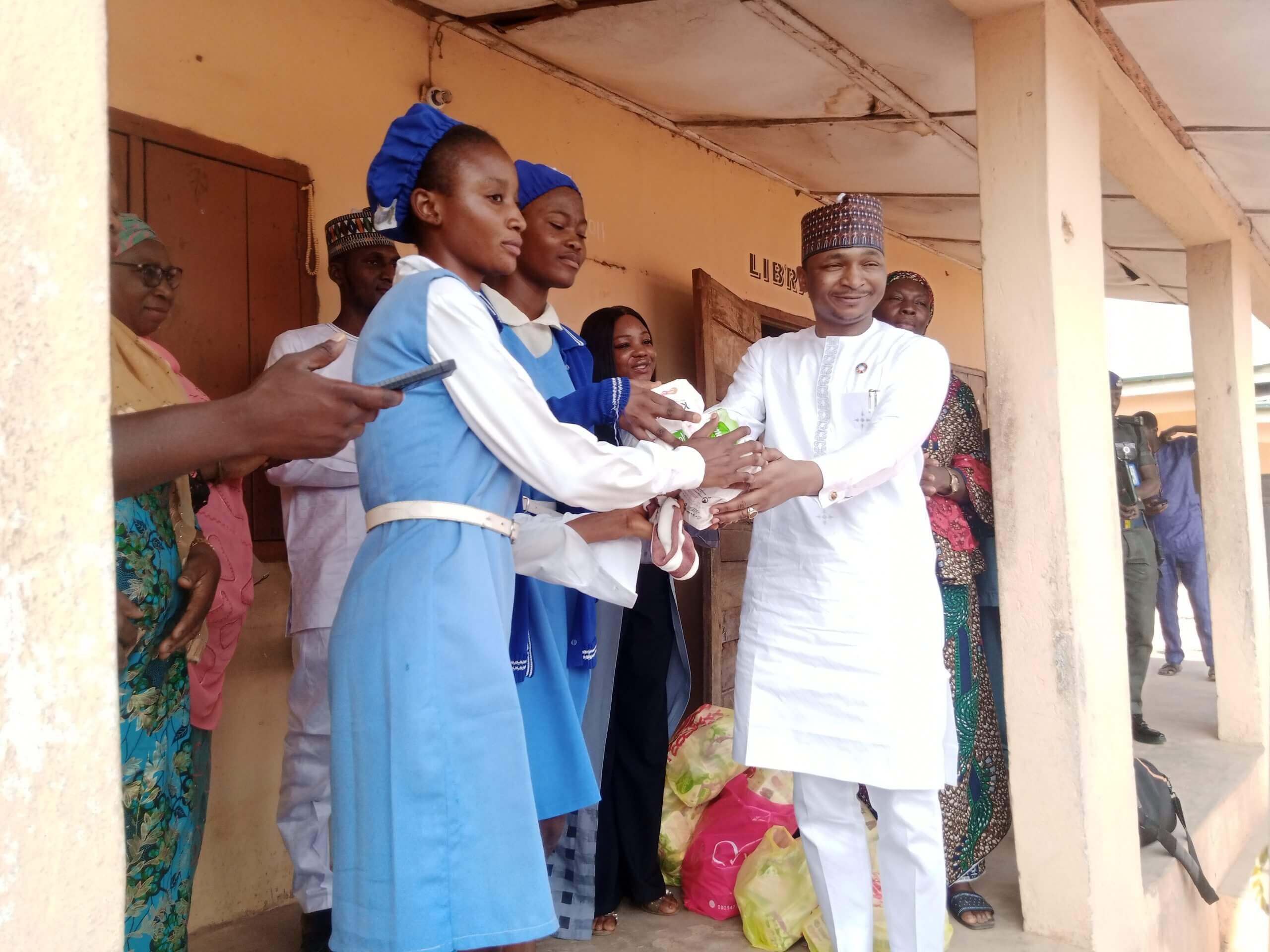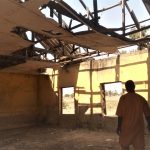About 187 members of the Bauchi State School of Management Committee or SBMC and School of Management Team have received training on the effective management of schools to meet international standards.
Connected Development or CODE, a local nonprofit strengthening the capacity of marginalised communities to hold the government to account, organised the training in collaboration with Learn to Read, a USAID-funded project aimed to improve reading outcomes among pupils, with support from the State Universal Basic Education Board.
Martaba FM, a local radio house in Bauchi, reported that the training workshop, held separately in Katagum, Misau and Bauchi local government areas, covered the state’s three senatorial zones.
CODE’s programme officer, Abdulaziz Hussain, said the training focused on community governance structures, with new modalities that would boost the capacity of teaching, monitoring and evaluation of SBMC.
Abdul’aziz said that the training is also part of efforts to improve the quality and efficiency of school administration, where participants will acquire the requisite knowledge to plan and effectively manage schools in the state.
He further noted that it is essential that the trainees know their roles and responsibilities in the educational sector so they can effectively improve teaching and learning in a conducive environment.
While thanking CODE and other development partners for their support in the educational sector, Malam Bello, the deputy director of social mobilisation in Bauchi State, urged participants to ensure the implementation of the training requirements.
The trainees assured the organisation that the impact of what they have learnt will be felt soonest in the state’s educational system.
About 187 members of the Bauchi State School of Management Committee (SBMC) and School of Management Team have undergone training to enhance school management to international standards. The training was organized by Connected Development (CODE), in collaboration with Learn to Read, a USAID-funded project, and supported by the State Universal Basic Education Board. The training sessions took place in Katagum, Misau, and Bauchi local government areas, each representing one of the state’s senatorial zones.
CODE’s program officer, Abdulaziz Hussain, stated that the focus was on community governance structures, aiming to boost capacity in teaching, monitoring, and evaluation. The participants were also educated on their roles and responsibilities within the educational sector to improve teaching and learning environments effectively. Malam Bello, the deputy director of social mobilization in Bauchi State, urged the participants to implement the training requirements for tangible impact on school administration. The trainees expressed confidence that the acquired knowledge would soon positively influence the state’s educational system.






